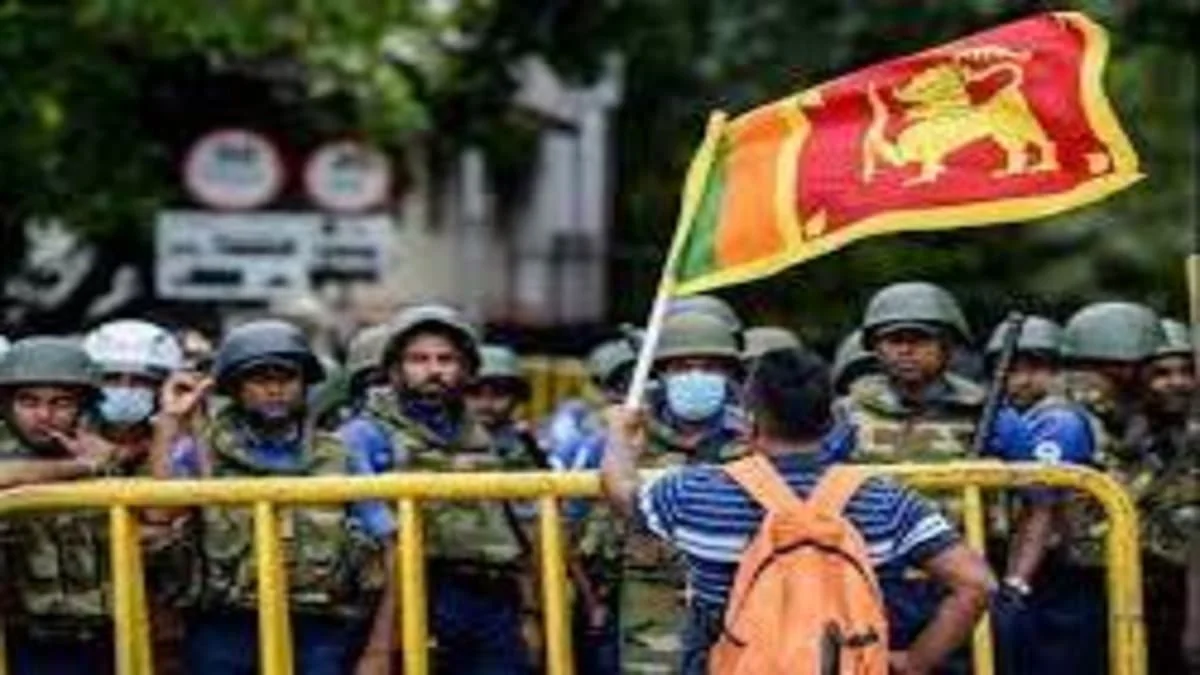Ranjith Siyambalapitiya, the state minister of finance, addressed Parliament on July 18 that during the recent economic crisis brought on by currency shortages, Sri Lanka was able to save about $1.7 billion by limiting imports. Siyambalapitiya claimed that although $1.95 billion was spent on imports in 2019, $1.6 billion had been saved by the year 2022.
Cash-strapped Since the beginning of 2022, Sri Lanka has imposed harsh import restrictions on 82% of commodities in an effort to save foreign exchange reserves. In an effort to address the nation’s economic problems, imports of things like chocolate, perfume, and shampoo were prohibited. Siyambalapitiya stated that the removal of the limitations on 286 products through a gazette published on July 18 meant that only 930 items were now subject to them.
According to Siyambalapitiya, the administration would soon put its plan to boost state revenue into action. The island nation’s economic crisis was thought to be significantly influenced by the decline in state revenue that has occurred since 2020 as a result of tax cutbacks. Taxes as a percentage of GDP decreased to above 7% in 2021. Due to a serious lack of foreign exchange reserves, Sri Lanka experienced a catastrophic financial crisis in 2022—the worst since gaining independence from Britain in 1948. The island country, which experienced its first loan default ever in the middle of April of last year, obtained a USD 2.9 billion bailout from the IMF in March of this year, extending over four years, subject to reforms being implemented. In order to implement the reforms necessary for the IMF bailout, the government increased both personal and business taxes last year.


